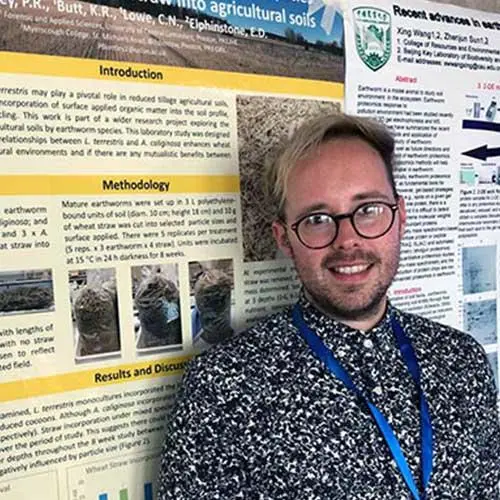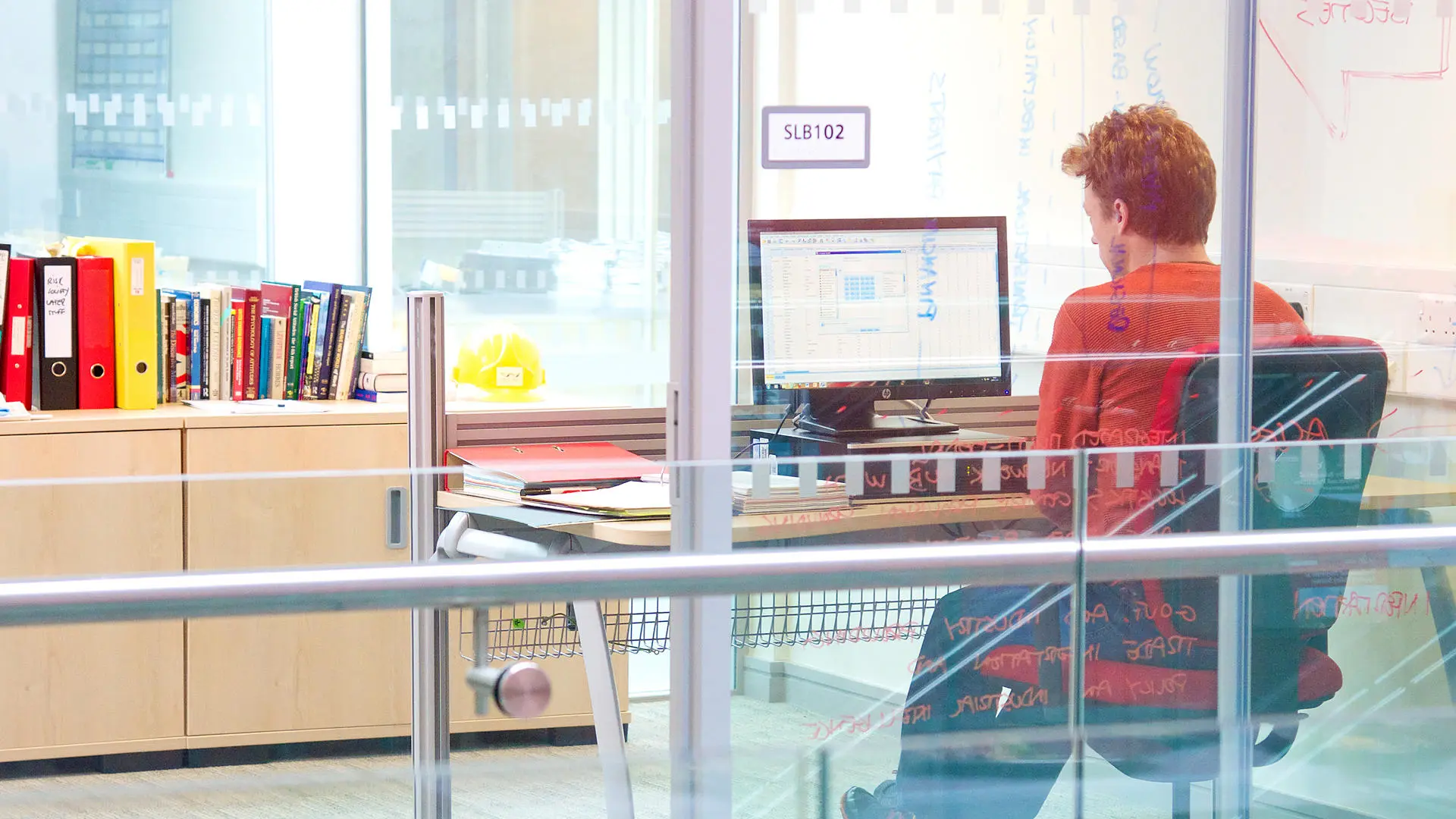The 11th International Symposium on Earthworm Ecology (ISEE11) was held in Shanghai, China from 24-29 June 2018. It was attended by Drs Kevin Butt and Chris Lowe and also two of their PhD students (Pete Bentley and Claire Brami) from the Earthworm Research Group (ERG) at UCLan. Kevin gave a talk on “Marine algae as potential food for earthworms” and collectively the ERG presented six posters on earthworms and ecotoxicology; soil restoration; earthworms in agro-ecosystems; endemic earthworm species. These presentations involved collaborations with a number of external agencies including the French company “Phytorestore”; the British Land Reclamation Society; Natural Resources Institute Finland; Myerscough College along with Universities from France, Germany and Poland.

ISEE11 was, for the first time, linked with an earthworm taxonomy meeting and an Earthworm Industry Forum to form the 1st International Earthworm Congress. Kevin was a part of the organising Committee and will also act as a guest editor of “Pedosphere” - the Journal to hold the proceedings of ISEE11. Several conference delegates, including Guénola Pérès, Joanna Kostecka, Kevin Hoeffner and Mark Maboeta have previously worked with the ERG in Preston. The 12th ISEE was determined by secret ballot and will be held in 2022 in Rennes, France. Our strong links with Institutes in Rennes mean that the ERG will play a significant role in that meeting too.
Pete Bentley is a PhD student in earthworm ecology. He found the conference both beneficial and enjoyable, saying: “I presented a poster of my recent earthworm PhD research at the International Symposium of Earthworm Ecology in Shanghai 2018. Not only was it a great experience having the opportunity to present to an international audience, I also received valuable feedback on my research, which will influence my future experimental design. It was a fantastic opportunity to meet other influential earthworm researchers, who have made significant advancements in Earthworm Ecology. In other soil related conferences I have attended, Earthworm Ecology often forms a small proportion of the overall presentations. Therefore, to be able to attend a conference purely in earthworm research enabled me to connect with a large range of researchers and updated me on a wider scale of exciting research happening in other institutions worldwide.”

